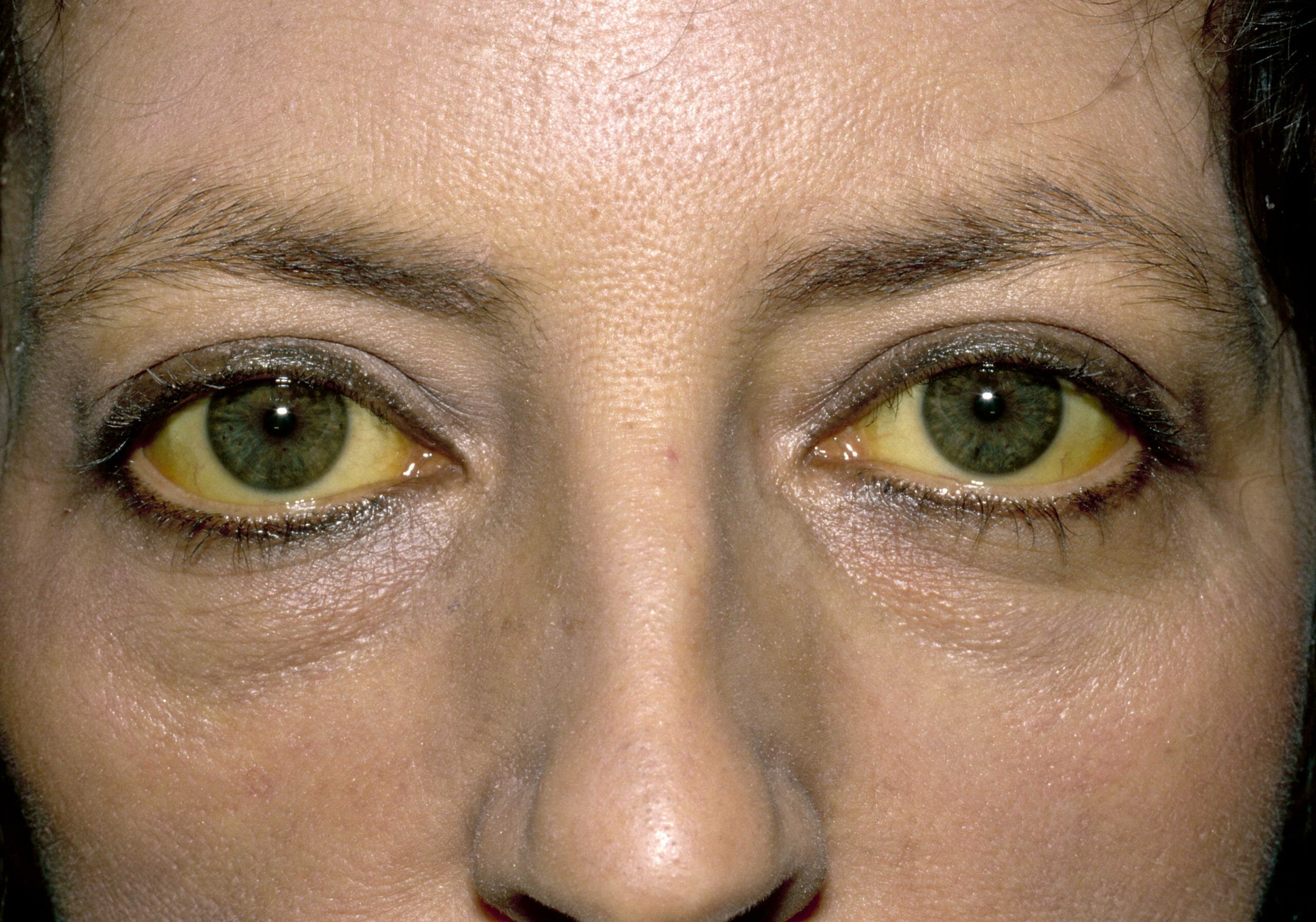With years of experience in treating various eye conditions, I am often asked about the effects of lifestyle choices on eye health. One such topic that frequently arises is the impact of alcohol consumption on our eyes. Excessive or chronic alcohol intake can have detrimental effects on our overall well-being, including our eye health.
Understanding the Relationship Between Alcohol and Eye Health
Alcohol consumption, particularly in excess, can affect several aspects of eye health, including:
- Dry Eye Syndrome:
Excessive alcohol consumption can lead to dehydration, which in turn can contribute to dry eye syndrome. Dry eye occurs when the eyes do not produce enough tears or when the tears evaporate too quickly. Symptoms may include redness, irritation, and a gritty sensation in the eyes. Chronic alcohol use can exacerbate these symptoms and increase the risk of developing long-term complications associated with dry eye.
- Macular Degeneration:
Studies have suggested a link between heavy alcohol consumption and an increased risk of age-related macular degeneration (AMD), a leading cause of vision loss in older adults. AMD affects the macula, the central part of the retina responsible for sharp, central vision. Excessive alcohol intake may contribute to the development or progression of AMD by increasing oxidative stress and inflammation in the retina.
- Cataracts:
Cataracts, a clouding of the lens in the eye, are another common age-related eye condition that can be influenced by alcohol consumption. While moderate alcohol intake may not significantly increase the risk of cataracts, heavy drinking over time can contribute to the development of cataracts and accelerate their progression. Additionally, alcohol abuse may impair the body's ability to absorb essential nutrients like vitamin C and antioxidants, which play a role in maintaining eye health and preventing cataracts.
- Optic Neuropathy:
Chronic alcohol abuse can also lead to optic neuropathy, a condition characterized by damage to the optic nerve. The optic nerve is essential for transmitting visual information from the eye to the brain. Alcohol-related optic neuropathy can result in vision loss, particularly in the central part of the visual field. The exact mechanisms underlying alcohol-induced optic neuropathy are not fully understood but may involve nutritional deficiencies, toxic effects of alcohol metabolites, and impaired blood flow to the optic nerve.
As a senior cataract surgeon, I have witnessed firsthand the importance of lifestyle choices in maintaining optimal eye health. While moderate alcohol consumption is unlikely to cause significant harm to the eyes, excessive or chronic alcohol intake can contribute to various eye conditions, including dry eye syndrome, macular degeneration, cataracts, and optic neuropathy. By making informed choices and practicing moderation, individuals can help protect their vision and overall well-being for years to come.

 While moderate alcohol consumption is unlikely to cause significant harm to the eyes, excessive or chronic alcohol intake can contribute to various eye conditions, including dry eye syndrome, macular degeneration, cataracts, and optic neuropathy.
While moderate alcohol consumption is unlikely to cause significant harm to the eyes, excessive or chronic alcohol intake can contribute to various eye conditions, including dry eye syndrome, macular degeneration, cataracts, and optic neuropathy.










.jpeg)




.jpeg)

.jpg)













